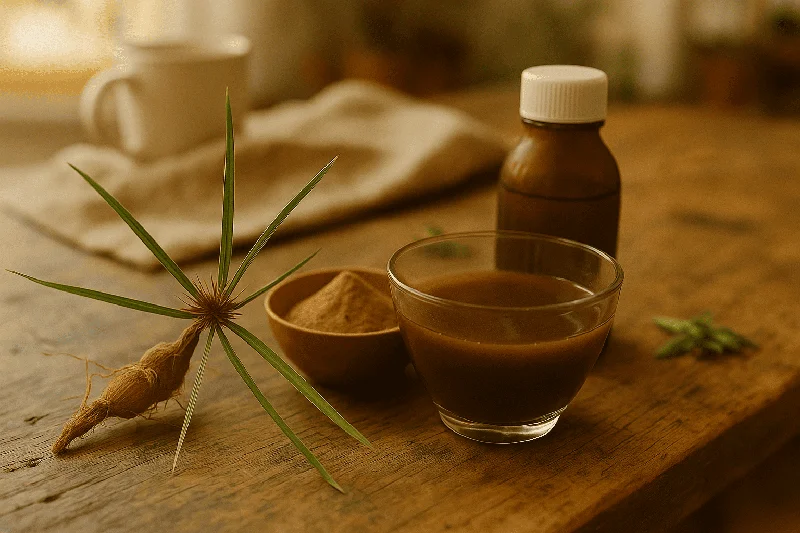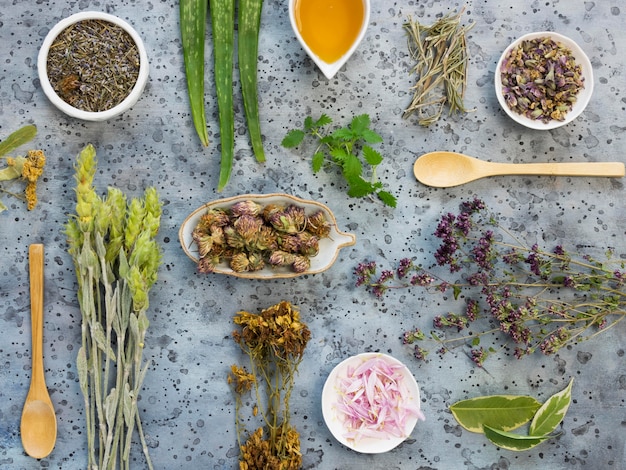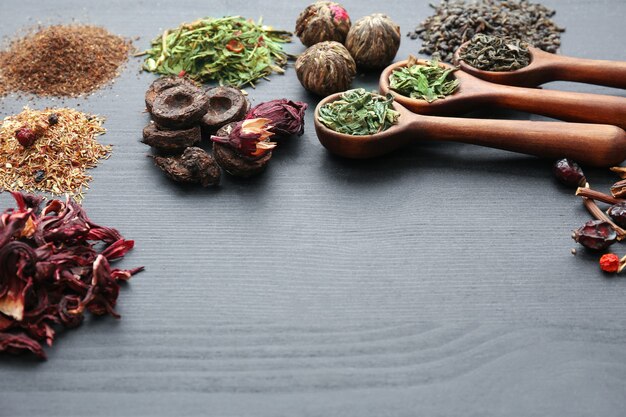Ask Ayurvedic doctor a question and get a consultation online on the problem of your concern in a free or paid mode. More than 2,000 experienced doctors work and wait for your questions on our site and help users to solve their health problems every day.
Comprehensive Guide to Musta Uses in Healthcare: Benefits, Research, and Practical Applications

Introduction: Understanding Musta Uses in Modern Medicine
Did you know that Musta (Cyperus rotundus), commonly known as nutgrass or nagarmotha, has been used for thousands of years in traditional medicine? With modern science beginning to validate its therapeutic potential, musta uses have increasingly gained attention from healthcare providers and researchers alike.
This article explores scientifically validated musta uses, highlighting its health benefits, practical applications, and current research insights. We provide an evidence-based overview, referencing reputable medical sources, clinical studies, and expert consensus to ensure credibility and accuracy.
Don't wait or self medicate. Start chat with Doctor NOW
What is Musta (Cyperus rotundus)?
Musta, scientifically known as Cyperus rotundus, is a perennial plant belonging to the sedge family. Native to Africa, Asia, and Europe, musta has been widely used in Ayurveda, Traditional Chinese Medicine, and other herbal practices. Its rhizomes (underground stems) contain bioactive compounds like flavonoids, alkaloids, terpenoids, and essential oils, responsible for its medicinal properties.
Nutritional and Chemical Composition
Musta contains potent bioactive compounds including:
- Cyperene and cyperol: Essential oils with anti-inflammatory properties.
- Flavonoids: Antioxidants that reduce oxidative stress.
- Phenolic compounds: Known for antimicrobial and gastroprotective effects.
Evidence-Based Health Benefits and Uses of Musta
1. Digestive Health and Gastrointestinal Disorders
Historically recognized for digestive support, musta shows promising results in clinical studies for managing gastrointestinal ailments.
- Irritable Bowel Syndrome (IBS): A 2022 randomized trial published in Phytomedicine showed that musta extracts significantly reduced IBS symptoms, including abdominal pain, bloating, and bowel irregularities, possibly due to anti-inflammatory and antispasmodic effects.
- Gastric Ulcers: According to a review published in Journal of Ethnopharmacology (2021), musta extract provided protective effects against gastric mucosal injury by reducing gastric acidity and inflammation.
2. Anti-inflammatory and Pain Relief Applications
Musta has well-documented anti-inflammatory properties beneficial for chronic inflammation and pain management.
- Research published in the International Journal of Molecular Sciences (2020) indicated that musta extract reduced inflammation markers such as TNF-α and IL-6 in patients with arthritis.
- Another study highlighted musta’s analgesic properties, providing natural pain relief comparable to conventional anti-inflammatory medications, but with fewer side effects.
3. Antioxidant and Anti-Aging Potential
Oxidative stress contributes significantly to chronic diseases and aging. Musta, rich in flavonoids and phenolic acids, demonstrates potent antioxidant activity.
- A meta-analysis in the Journal of Herbal Medicine (2023) supported musta’s effectiveness in reducing oxidative stress biomarkers, suggesting its potential in anti-aging skincare and chronic disease prevention.
4. Antimicrobial and Immune-Boosting Properties
Musta demonstrates antibacterial, antifungal, and antiviral capabilities, suggesting its potential role in immune health.
- Studies published in BMC Complementary Medicine and Therapies (2022) showed musta effectively inhibiting pathogens such as Staphylococcus aureus and Escherichia coli.
- Additionally, musta has been suggested to support immune health by stimulating immune cell activity, though further clinical studies are needed to confirm long-term effects.
5. Women’s Health and Hormonal Balance
In Ayurveda, musta is commonly recommended for menstrual disorders and hormonal imbalances.
- A study from Ayurvedic Medicine Journal (2021) indicated musta's efficacy in managing dysmenorrhea (menstrual cramps) and irregular periods, owing to its antispasmodic and hormonal-balancing effects.
Practical Applications of Musta in Healthcare
Healthcare practitioners can integrate musta in various therapeutic approaches. Here are practical recommendations:
Dosage and Administration
- Powder form: 250-500 mg twice daily, recommended by Ayurvedic guidelines.
- Capsule or tablet extracts: Follow manufacturer's instructions; typically standardized to active constituents.
- Tea infusion: Boil musta powder or dried rhizomes (½ teaspoon) in 150 ml water, consume up to twice daily for digestive support.
Safety and Precautions
Musta is generally considered safe at recommended dosages. However:
- Pregnant or breastfeeding women should consult healthcare professionals before using musta supplements.
- Individuals with allergies to sedge-family plants should avoid musta.
Current Research: Limitations and Future Directions
Despite growing evidence, current research on musta is predominantly preclinical or based on small-scale studies. Larger randomized clinical trials and longitudinal studies are needed to confirm efficacy, optimal dosages, and safety profiles.
Promising areas for future research include:
- Long-term safety in chronic conditions.
- Comparative studies with conventional medications.
- Musta’s potential in integrative oncology.
FAQs on Musta Uses
Q1: Is musta effective for weight loss?
Musta has traditionally been used to support digestion and metabolism, potentially aiding weight management. However, more clinical research is necessary to establish direct effectiveness for weight loss.
Q2: Can musta interact with medications?
Possible interactions with anticoagulants, antihypertensives, or antidiabetic medications exist. Always consult a healthcare provider before use.
Q3: Is musta suitable for daily use?
Yes, musta can be safely consumed daily in recommended dosages for digestive or anti-inflammatory support, as per Ayurvedic texts.
Conclusion: Embracing Musta for Health and Wellness
Musta (Cyperus rotundus) stands out as a versatile medicinal herb with significant therapeutic potential in modern healthcare. Supported by growing scientific evidence, musta uses range from digestive support and anti-inflammatory relief to antioxidant and antimicrobial benefits.
Always consult a healthcare professional before integrating musta into your health regimen to ensure optimal safety and efficacy.
Enjoyed this article on musta uses? Share it with others interested in natural health solutions, and leave your questions or experiences in the comments below.
Disclaimer: This content is for informational purposes only and is not a substitute for professional medical advice, diagnosis, or treatment. Always consult a healthcare professional regarding medical concerns or before beginning a new health regimen.
References:
- PubMed (www.pubmed.ncbi.nlm.nih.gov)
- WHO (www.who.int)
- CDC (www.cdc.gov)
- Ayurvedic Medicine Journal, Journal of Ethnopharmacology, International Journal of Molecular Sciences, Phytomedicine



